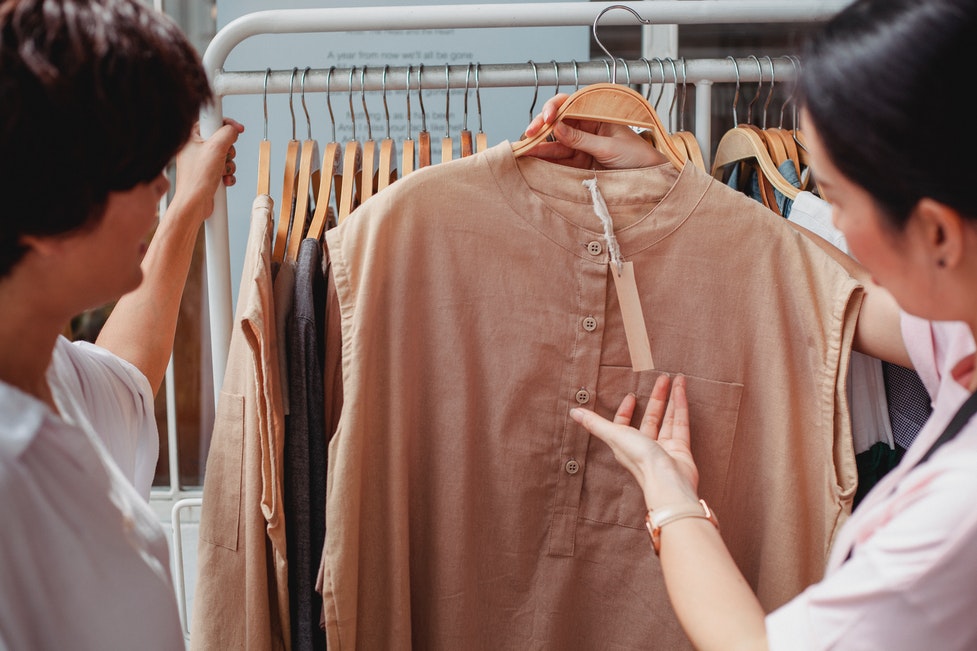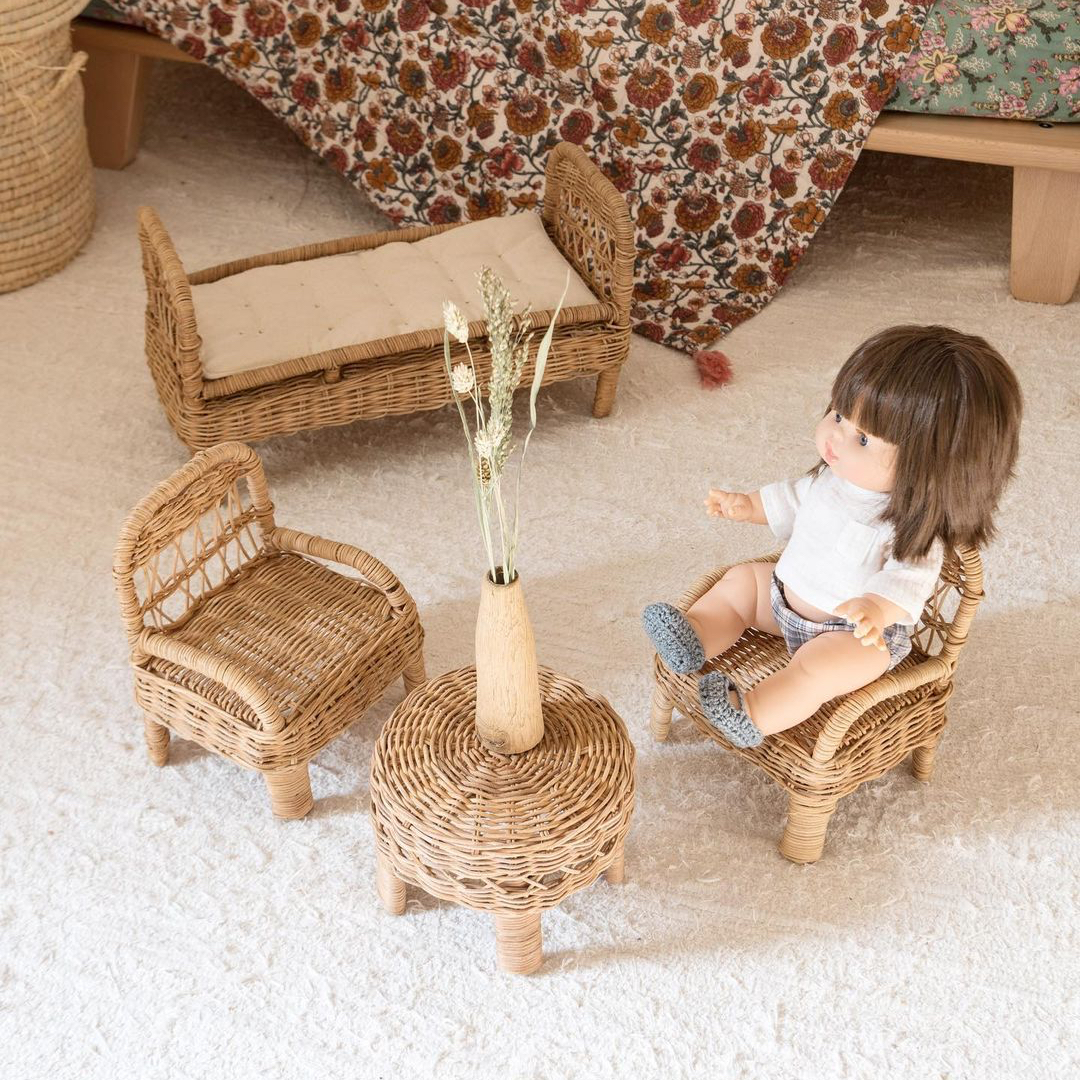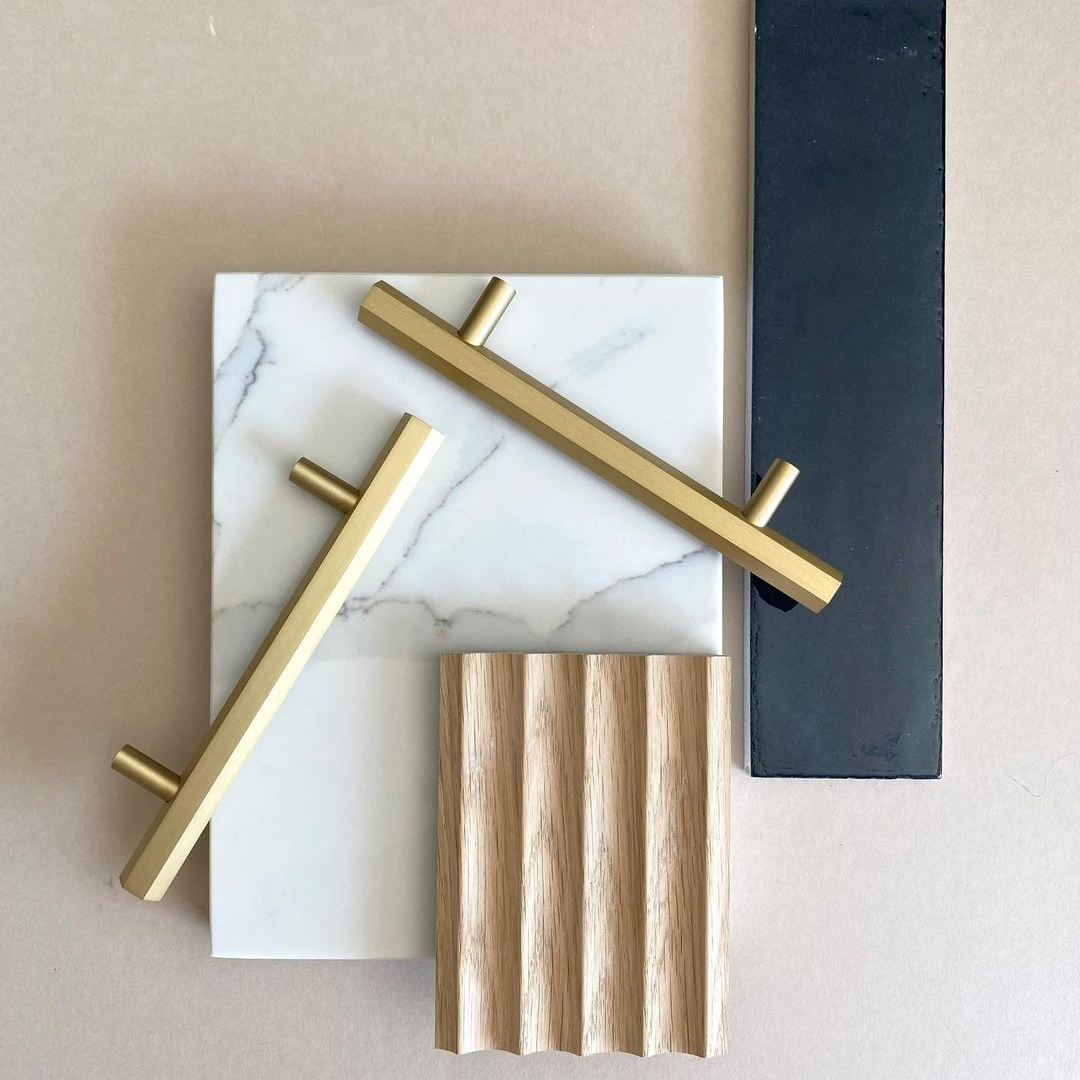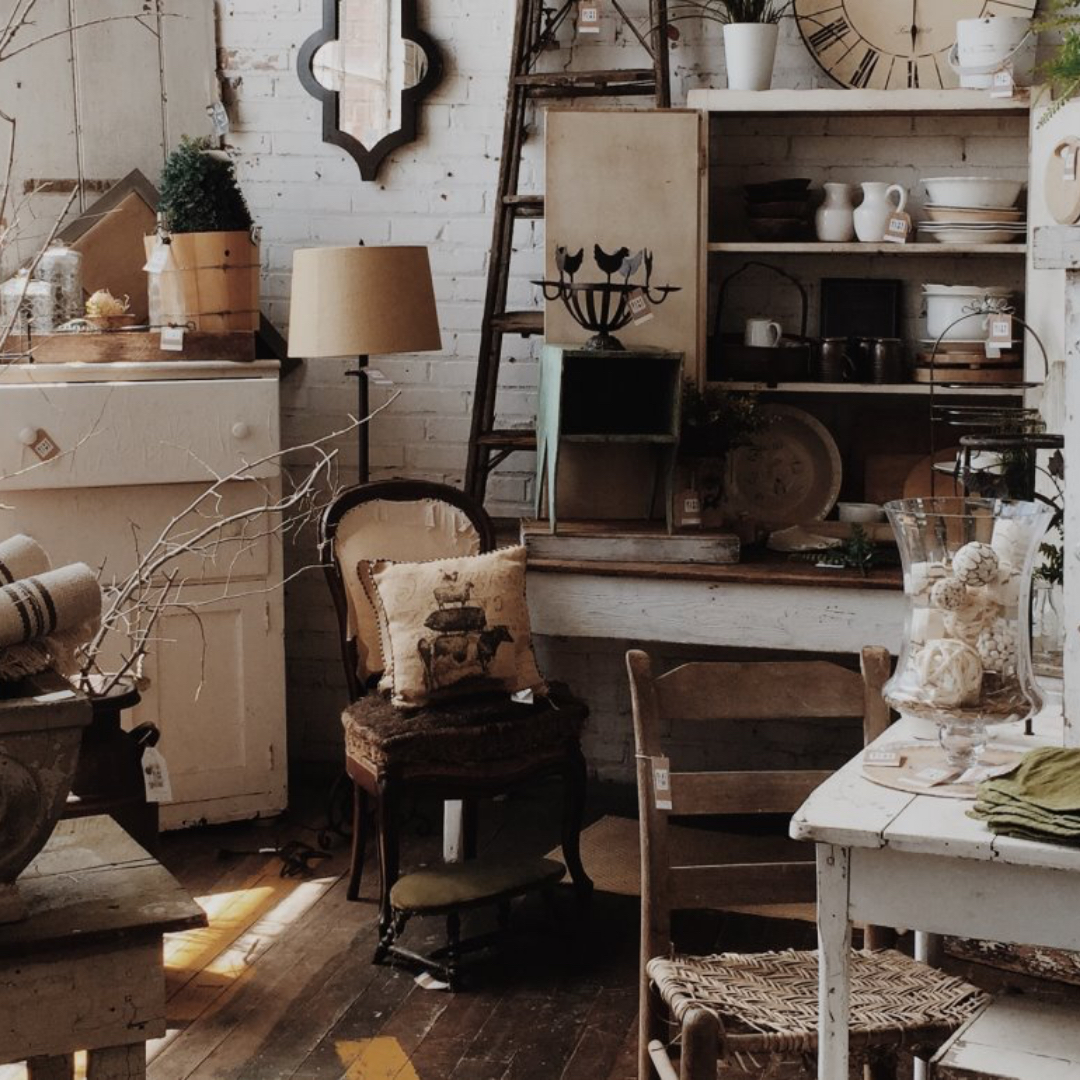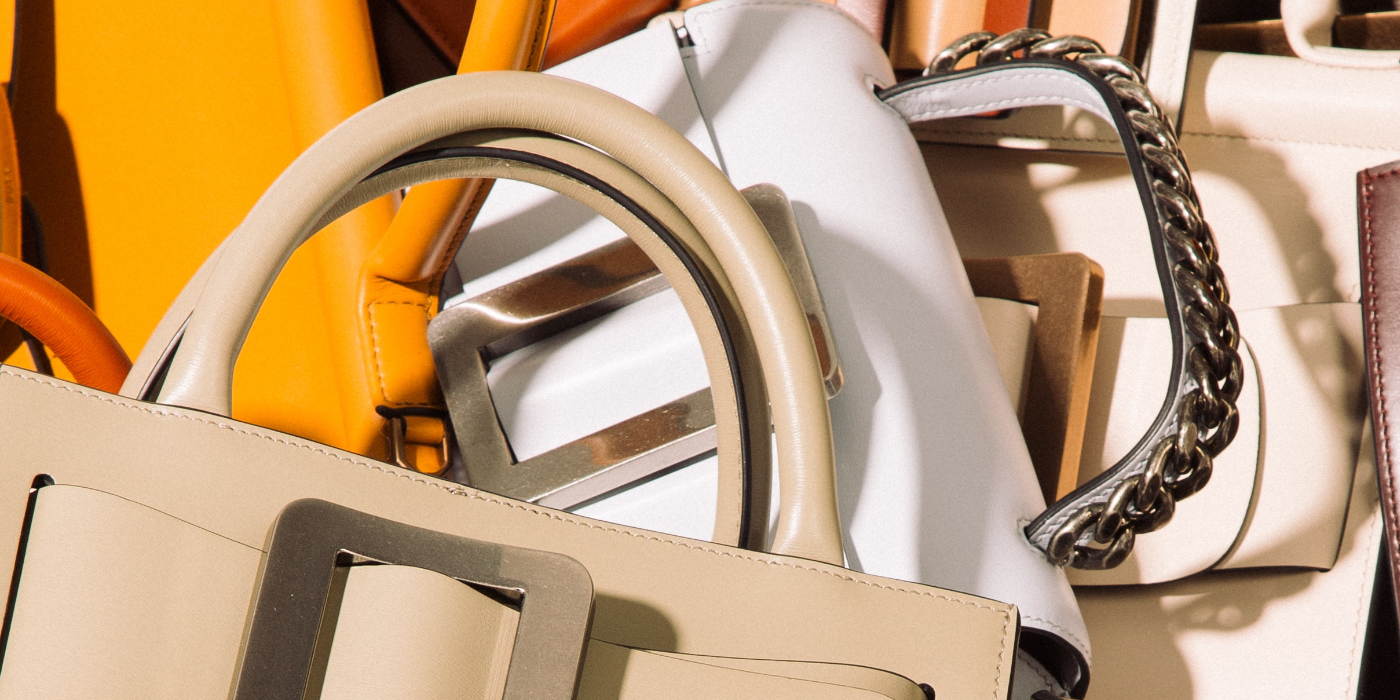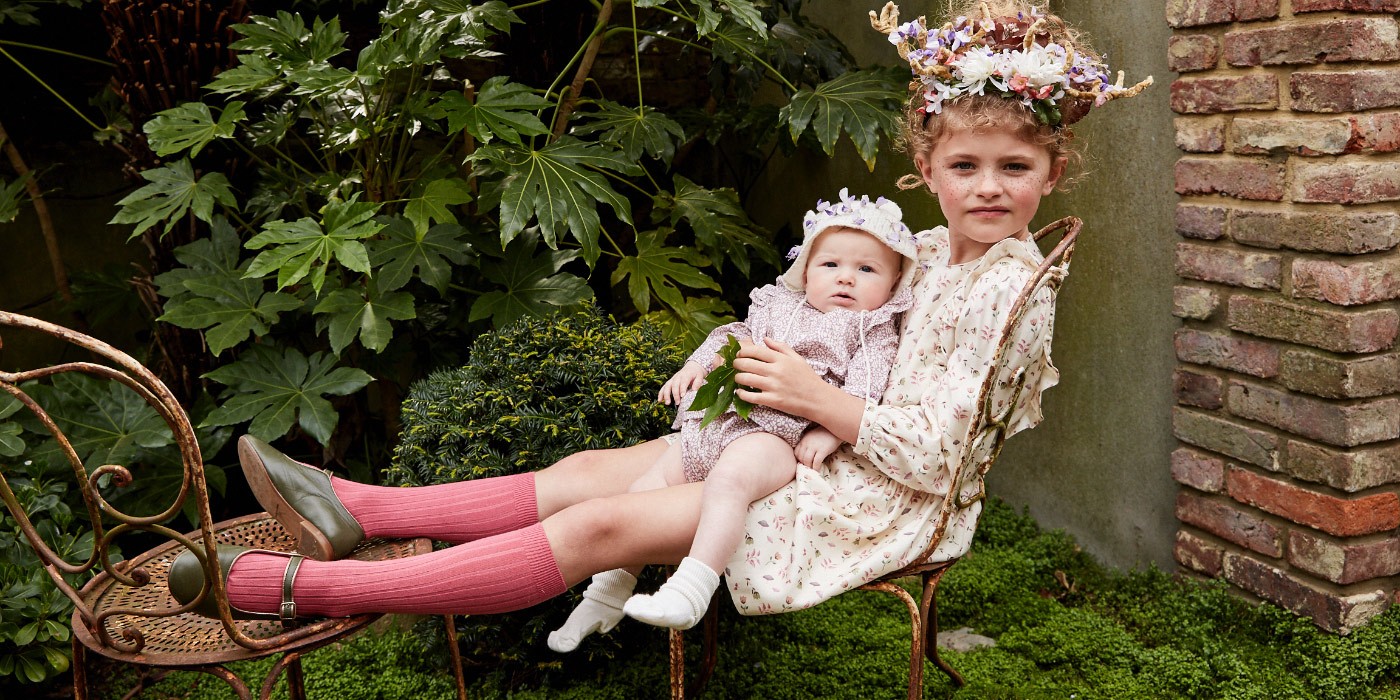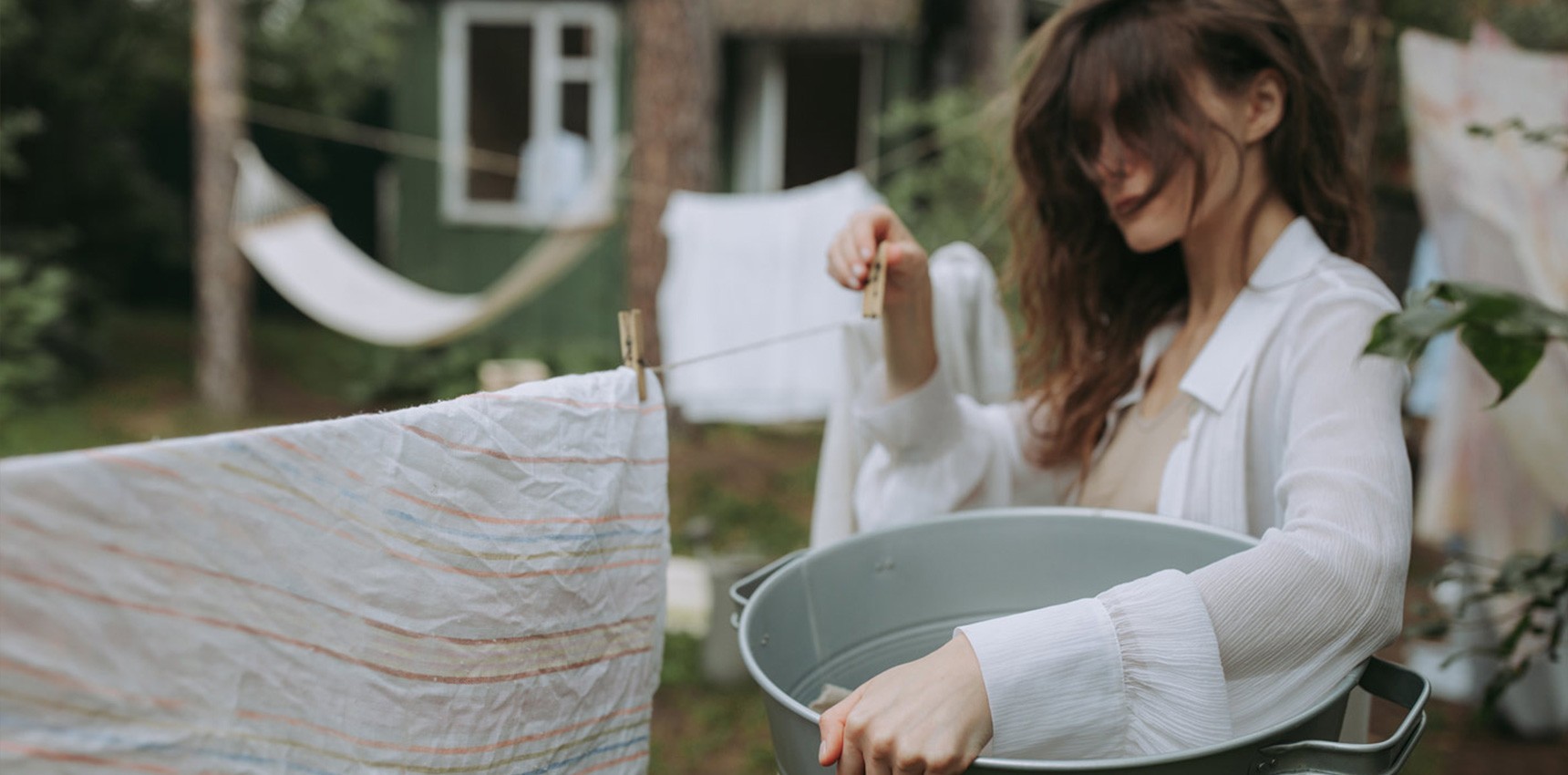Conscious Luxury: Practising Responsible Consumerism
The world has certainly changed over the last year. In the same way that we’ve reinvented the way we work and live, so too have we reshaped our ideas of luxury. Free from commuters, planes, cruise liners and more, we witnessed the planet undergo a ‘reset’ – and it has fundamentally altered the way we think about consumerism.
While buying luxury items is often associated with buying in excess and being an irresponsible consumer, you can indulge in some of the luxurious things that life has to offer and feel good about the effects that your spending habits have on the world. What you choose to buy not only impacts you, but it has an effect on the environment and the rest of humanity.
So how do you practise responsible and ethical consumerism? Here are some tips:
1. Consider the company you buy from
What if you can spoil yourself, add a little luxury to your life, and support a company that is intentional about the way they make and sell their products and services, and considers their impact on the world?
Change starts with the consumer. You might not think that you can make a difference, but you vote with your money. Companies are only trying to give people what they want. It is all about supply and demand.
If more people buy ethically sourced clothes, products and foods from companies with good intentions who are trying to make a difference, then more companies will start to supply them.
Before buying a luxury item and supporting a particular company, consider the following:
Where do they source their materials, ingredients, and/or products from?
Are you buying skincare products from companies that still do animal testing or use ingredients that aren’t biodegradable and are bad for the environment?
Are you buying your fresh produce from a local farmer who lets their animals graze and move freely or does it come from a factory farm?
Is the company treating their employees well and paying them enough for their labour (that you know of)?
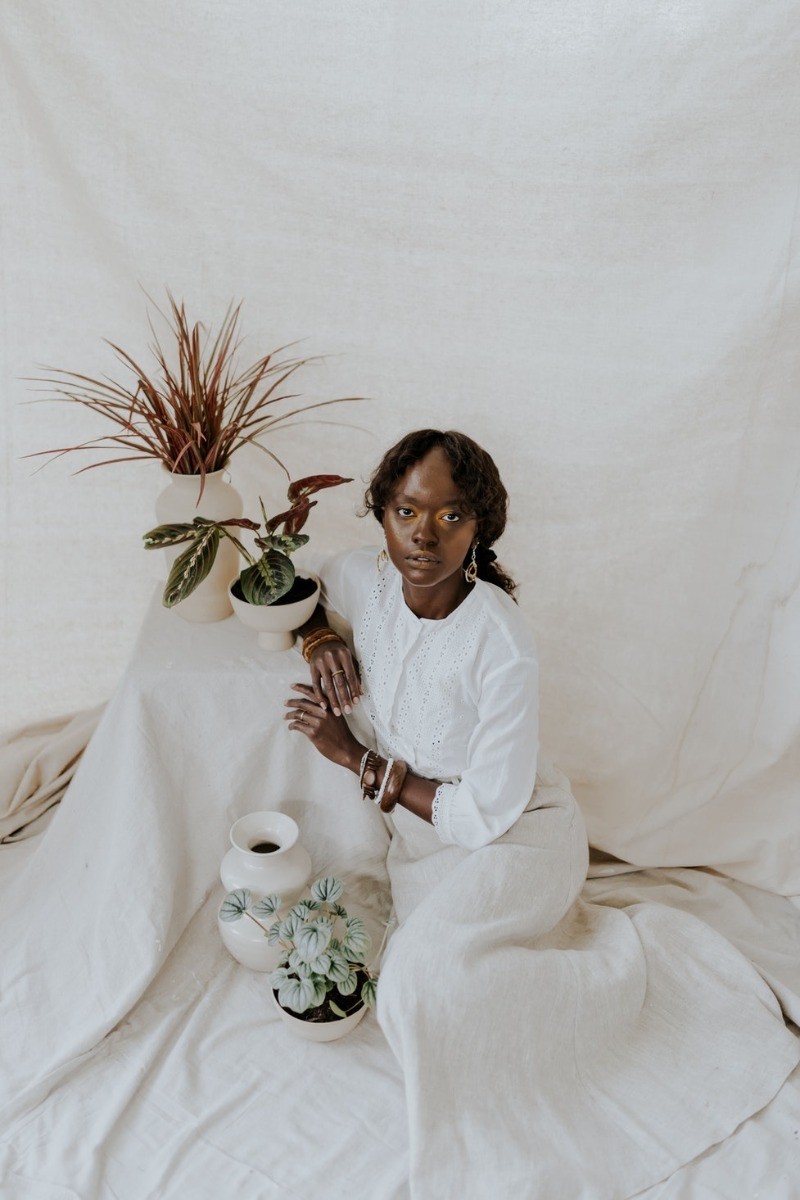
2. Measure the environmental impact of your purchasing decision

Is your luxury lifestyle costing more than just the money you are spending? The environmental footprint of what you are buying really matters. Some things you might want to consider include:
Fossil fuels. How much fossil fuel energy was required to make and transport your luxury goods?
Natural resources. Perhaps you didn’t know that it takes an incredible amount of water to grow the almonds for your almond milk (1,1 gallons per almond, or 4,16 litres) or that the production of foods like soy and palm oil are big contributors to deforestation.
Waste. For example, consider clothing brands that cut up and throw away last season’s fashion items. Clothing waste is a big problem, but luckily, many companies are now using recycled fabric to make new products like towels and decor items, like the Cameo rug by The Rug Republic, which is made from recycled cotton
You can also buy various other luxury products made from recycled materials like these coloured glass vases by Urban Nature Culture.
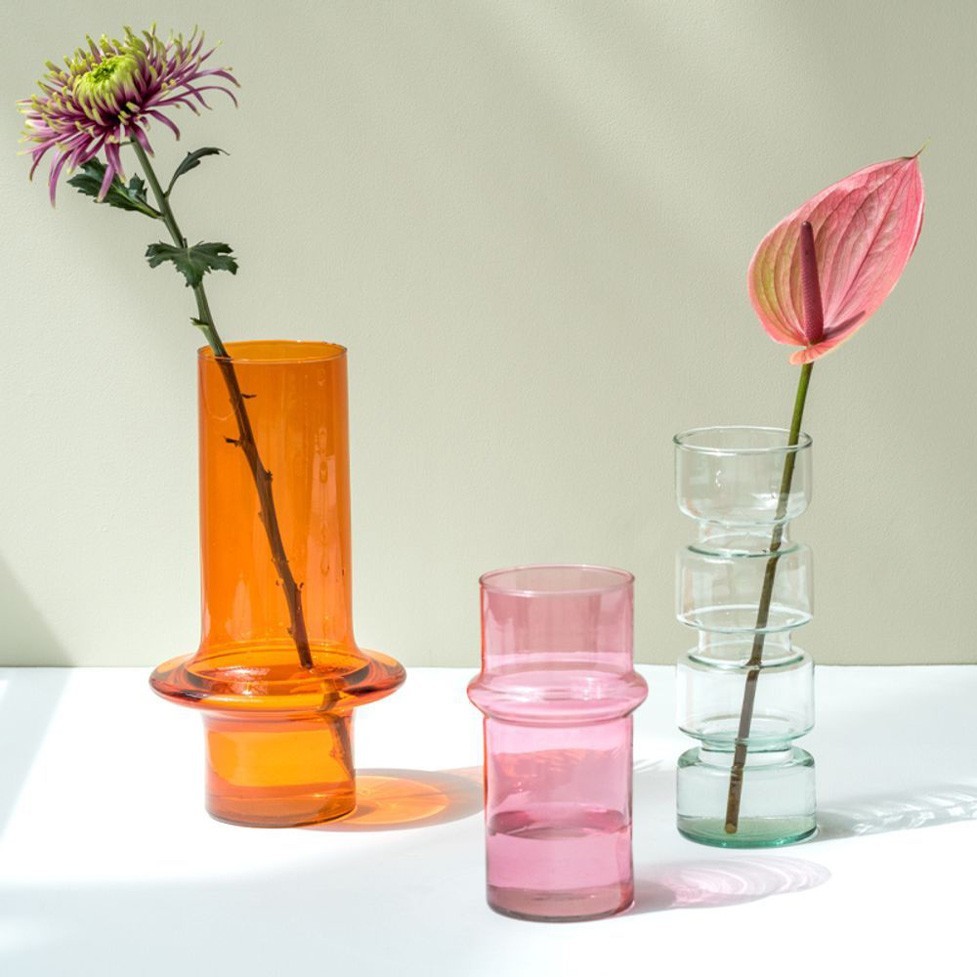
3. Support local businesses
The pandemic has served as a wake-up call for many about the importance of going local where possible. If you are able to get the luxury items you want from a local company instead of a giant global corporation, do so. You’ll reduce your impact on the environment and support local businesses, farms and artisans – those who need as much support as possible in these times.
Conscious buying doesn't mean saying goodbye to luxury. It is easier than ever to find luxurious products from companies with ethical practices and that provide products and services with the environment and humanity in mind.
